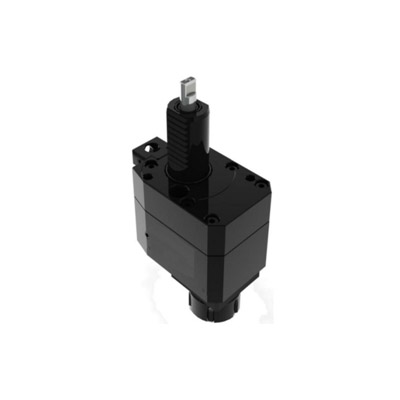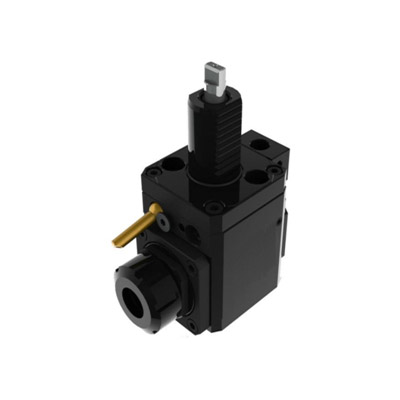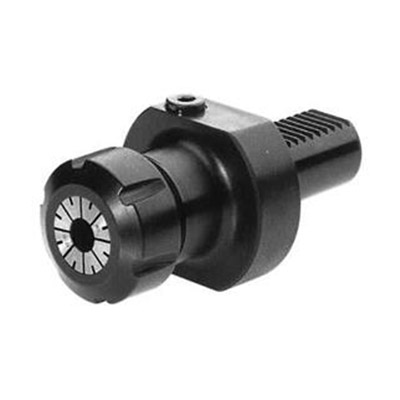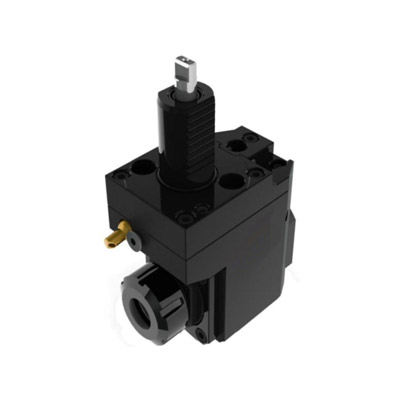SurfaceFinishesinCustomCNCMachinedTitanium:AestheticandFunctionalAspects
When it comes to modern aerospace and medical industries, materials that combine both aesthetic appeal and functional efficiency are highly sought after. One such material is custom CNC machined titanium, known for its exceptional strength and lightweight properties. However, to truly appreciate the beauty and functionality of titanium, it often requires meticulous attention to its surface finishes.
Surface finishes in custom CNC machined titanium are crucial as they determine how the material interacts with its environment and applications. From a professional standpoint, the choice of surface finish can significantly impact the material's appearance, durability, and overall performance. In this article, we will delve into the various aspects of surface finishes in custom CNC machined titanium, focusing on their aesthetic and functional benefits.
Understanding Surface Finishes
Surface finishes refer to the various modifications made to the surface of a material to enhance its properties. In the context of custom CNC machined titanium, these finishes can include mechanical treatments like polishing, buffing, and laser engraving, as well as chemical treatments that improve corrosion resistance and aesthetic appeal.
Aesthetic Aspects
One of the primary reasons for choosing custom CNC machined titanium is its exceptional aesthetic appeal. The raw material, when in its natural state, has a silverish hue that can be both modern and sophisticated. However, without proper finishing, this natural look may not be fully realized.
Mechanical treatments such as polishing and buffing can enhance the material's surface smoothness, giving it a high-gloss finish that is both visually appealing and easy to clean. Laser engraving, on the other hand, allows for intricate designs and text to be etched into the surface, adding a touch of elegance and functionality.
Functional Aspects
Beyond aesthetics, surface finishes play a crucial role in the functional performance of custom CNC machined titanium. For instance, in the aerospace industry, the ability to withstand extreme temperatures and pressures requires materials that can maintain their integrity over time. Proper surface finishes can enhance the material's corrosion resistance, ensuring that it remains reliable even in harsh environments.
In the medical field, where precision and biocompatibility are paramount, surface finishes can influence the material's ability to integrate with human tissue. Hydrophobic finishes, for example, can reduce the risk of infection by creating a barrier against moisture and bacteria.
Professional Theories and Applications
From a professional standpoint, the selection of surface finishes is guided by several theories and principles. Theories such as the theory of surface energy suggest that materials with low surface energy are more likely to adhere to each other and to surfaces, enhancing durability and functionality. Additionally, the concept of wear resistance is critical in applications where the material will be subjected to mechanical stress.
In practice, custom CNC machined titanium is often used in applications where both aesthetic and functional requirements are high. For example, in the design of modern aircraft interiors, custom CNC machined titanium frames with sophisticated surface finishes can provide both a sleek and functional aesthetic while ensuring structural integrity.
Conclusion
The art of surface finishes in custom CNC machined titanium is a delicate balance of aesthetics and functionality. By carefully selecting and applying the right finishes, materialists can enhance the beauty and durability of this lightweight material, making it suitable for a wide range of applications. As technology advances, the possibilities for customizing surface finishes in titanium will continue to expand, paving the way for even more innovative and efficient designs.
In summary, understanding the various aspects of surface finishes in custom CNC machined titanium is essential for professionals working in industries such as aerospace and medical. By leveraging the right finishes, they can create materials that not only meet functional requirements but also enhance the overall aesthetic appeal of their designs.




